ICRC adapts to changing nature of conflicts
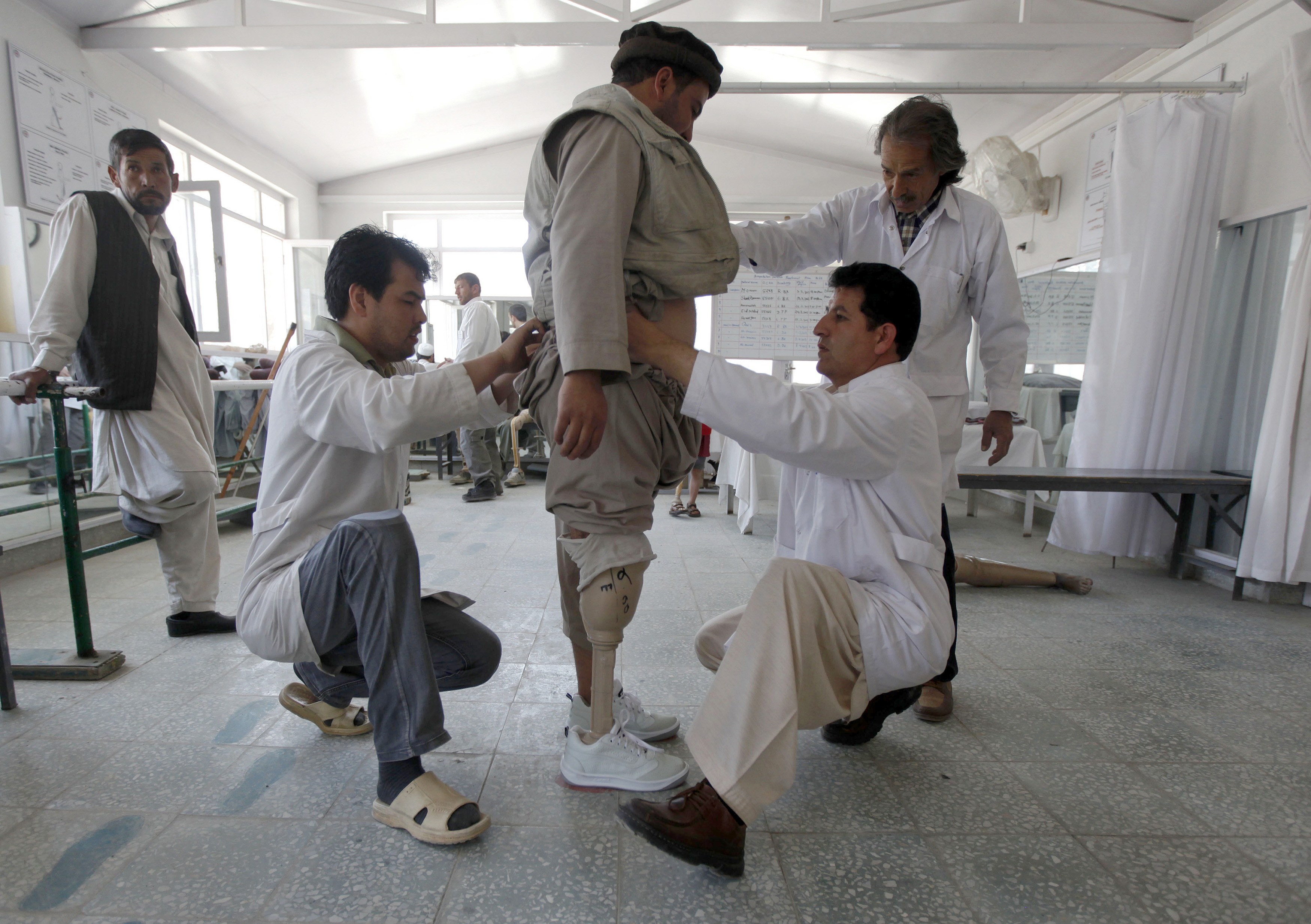
After 12 years at the helm of the International Committee of the Red Cross, Jakob Kellenberger leaves the humanitarian agency with a bigger budget and delivering more one-on-one assistance - but also more vulnerable in today’s conflict zones.
Kellenberger, then a Swiss diplomat, took over the leadership of the Geneva-run ICRC in a year which had seen a spike in violence, notably in the Horn of Africa.
The ICRC’s budget in 2000 stood at SFr1 billion ($1.04 billion), up some 30 per cent on 1999. The budget since then has had some small dips, but has stabilised at a higher level under Kellenberger’s stewardship.
“The budget is now about 40 per cent higher than it was in the 1990s,” Mr Kellenberger told journalists in Geneva at his final news conference as ICRC head. “This reflects the increase in humanitarian work undertaken by the organisation since then.”
Measuring humanitarian relief is not straightforward, but a look at the ICRC report for 2002 shows that 400,460 persons visited ICRC offices that year seeking help (in 2011 it was 703,807). In 2002, the ICRC was able to visit 448,063 detainees, in 2011, they visited 540,828. During that same time the number of surgical operations rose from 90,361 to 138,200.
This against the backdrop of a perceived growing lack of respect for the symbol of the neutrality of the Red Cross and the United Nations. In many conflicts today, humanitarian workers are increasingly having to deal with armed groups engaged in turf wars and who do not stick to rules established by the international community.
“I never considered that the emblem of the Red Cross was the main protection for our missions,” Kellenberger told swissinfo.ch.
“It is important, but the main protection is to make sure your work and your activities are respected. In any case, it is the policy of the ICRC, the IFRC [International Federation of the Red Cross] and the National Red Cross societies that we must keep repeating, the Geneva conventions must be respected.”
Secrecy
Of the work being done on the ground, the ICRC is most well-known for its prison visits and medical treatment. Such aid is carried out by “delegates” who inform Geneva headquarters in detail about what they see on the ground. Reports from the First World War tell of ICRC delegates measuring prisoners’ cells, and tasting their food.
Gilles Carbonnier is now a professor of development economics at the Graduate Institute of Geneva but he spent 1989-1991 as a delegate for the ICRC in Iraq, Ecuador, Sri Lanka and Ethiopia.
He can’t go into detail about what he saw, even now, as the knowledge field workers amass must be kept secret.
“I had the feeling I was doing useful work. Of course there was frustration sometimes too, when you couldn’t get access to people who needed help,” he told swissinfo.ch. “But the successes – for example when you managed to get access to somewhere you hadn’t previously, helped you get over some of the frustration.”
According to the former delegate, the ICRC’s success in the field doesn’t come from its neutrality, but its efficiency. “If the ICRC had been neutral but not very active, I don’t think it would have been anywhere near as successful.”
Quiet diplomats, hard workers
If the ICRCs methods of work in the field are slowly evolving, the policy of discretion is here to stay. The ICRC says its staff should not become targets of combatants, which could be the case if it were suspected that ICRC staff could end up testifying in a court.
Keeping mostly quiet in public is the price the ICRC often pays for being allowed to be present, although Kellenberger points out “there is a big difference between being on the ground and doing something, and talking and organising debates”.
He denies vehemently that the ICRC might compromise its work in return for access to countries. “We do not let go of our principles when we are in the field. Yes we are in Syria, but we do not have armed guards. We do our tours of inspection with the Syrian Red Crescent, without armed escorts. We demand that detainee visits happen in line with the rules we’ve set down for them everywhere. Or they don’t happen.”
But just because the ICRC often is the only international organisation present, as is the case in Syria, it doesn’t mean it gets to see exactly what it wants – or that it’ll like what it sees. “I have seen far too many situations where civilians are targeted, because of a lack of effort to distinguish between civilians and combatants. This is a widespread problem,” said Kellenberger in what was easily the most heartfelt part of his goodbye speech.
In some ways this is not a new headache for the ICRC, which has long been trying to secure more protection for victims of war who were not involved in fighting on any side.
Finding solutions
Over the past two decades the ICRC has also moved into other complex areas of humanitarian relief.
Marie-Servane Desjonquères is the spokesperson for the ICRC in sub-Saharan Africa. She taps on the map as she shows enthusiastically where the ICRC has been growing some virus- resistant cassava in the middle of Congo.
The idea was to give residents in the Likouala region a means to produce their own food. In 2009, after violence across the border in the Democratic Republic of Congo, refugees came across the frontier looking for safety.
But the newcomers came to blows with residents as food stocks simply wouldn’t stretch. Another blow was that the cassava, a local staple, got infected with the mosaic virus, destroying the crop. “In situations like that, you cannot just arrive with bags of rice, and call that a solution,” says Desjonquères.
The ICRC brought in and distributed the virus-resistant cassava plants, as well as fishing materials, to try and build up some stability around the food supply. The ICRC wound up the Likouala project in 2011, estimating 100,000 people had benefited from the scheme.
After 12 years heading the ICRC, does Kellenberger have any regrets as he hands over the reins to another Swiss diplomat, Peter Maurer?
“I’m leaving an organisation that’s on a good footing, with a solid budget, and a good successor.” What challenges will be the most pressing for Mr Maurer? “Ha, he knows them.”
The International Committee of the Red Cross was born out of a desire to mitigate the effects of war on all sides of conflict. Now the humanitarian movement seeks to prevent and alleviate human suffering, irrespective of race, faith, gender, nationality or political beliefs.
In 1859, Henry Dunant, a Swiss businessman from Geneva, came across the aftermath of war at the site of the battle of Solferino in Italy. Horrified by what he saw, he wrote a book, “A memory of Solferino”, which was widely read and caused revulsion at the barbarism of conflict.
Dunant set to work to persuade states to support a society that would fight for humane treatment for victims, no matter which side of a conflict they were on. In 1863, the Committee for Relief of the Wounded was set up in Geneva. Neutrality and impartiality were part of the society from the start. Its symbol is the Swiss flag, inverted.
It changed its name to the International Committee of the Red Cross in 1876.
National societies are set up within 188 countries. The ICRC normally works side by side with them, but can circumvent the local society and offer help direct to governments in need.
The ICRC can offer relief in the shape of medicines, food, blankets, shelter or other necessary items. It also tries to visit places of detention to ensure these are up to scratch. If not, it will inform the state of its obligations, but it is reliant on the state’s willingness to change.
The ICRC very rarely makes its reports public, though it does share them with the state in question.
The ICRC’s distinguishes itself from other relief organisations by its neutrality, impartiality and discretion. It believes all victims of conflict should be treated with dignity and humanity, and tries to educate states and armies accordingly.
It takes its power from the Geneva Conventions, international agreements relating to treatment of victims of war. The ICRC is named in the first convention as an impartial relief organisation and which must not be made a target.

In compliance with the JTI standards
More: SWI swissinfo.ch certified by the Journalism Trust Initiative
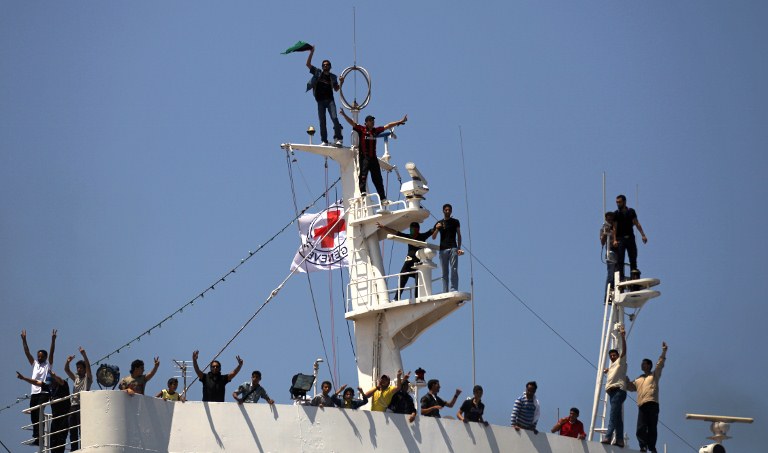
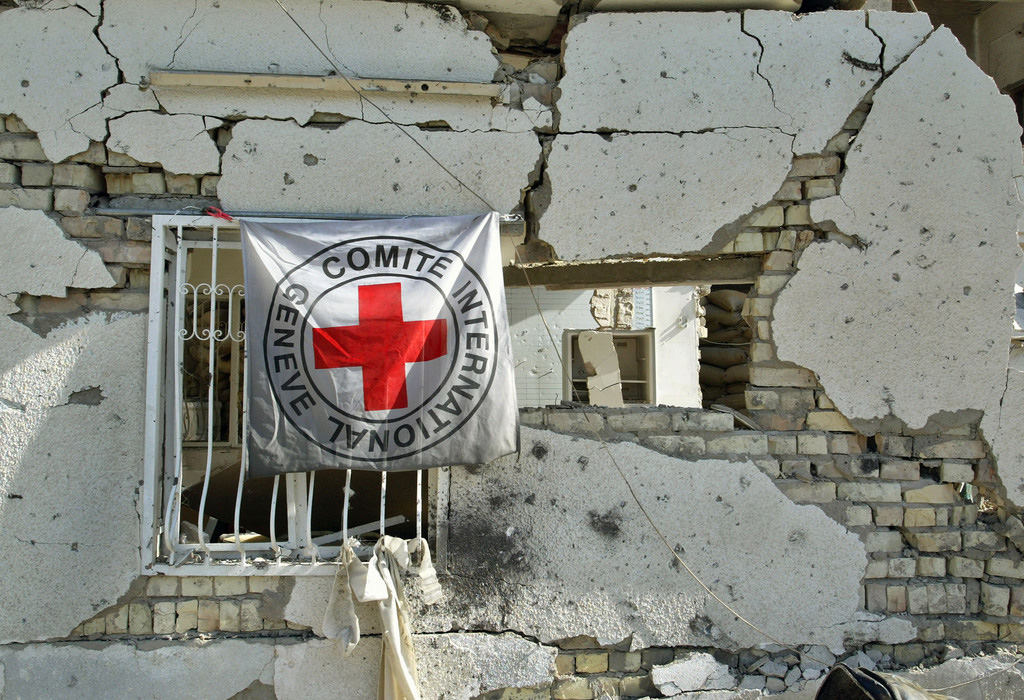
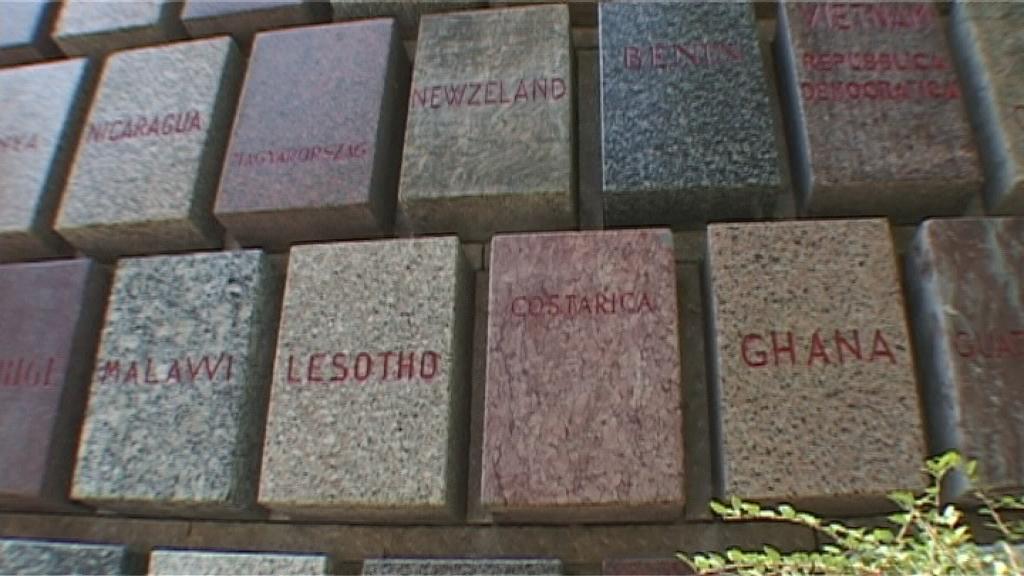
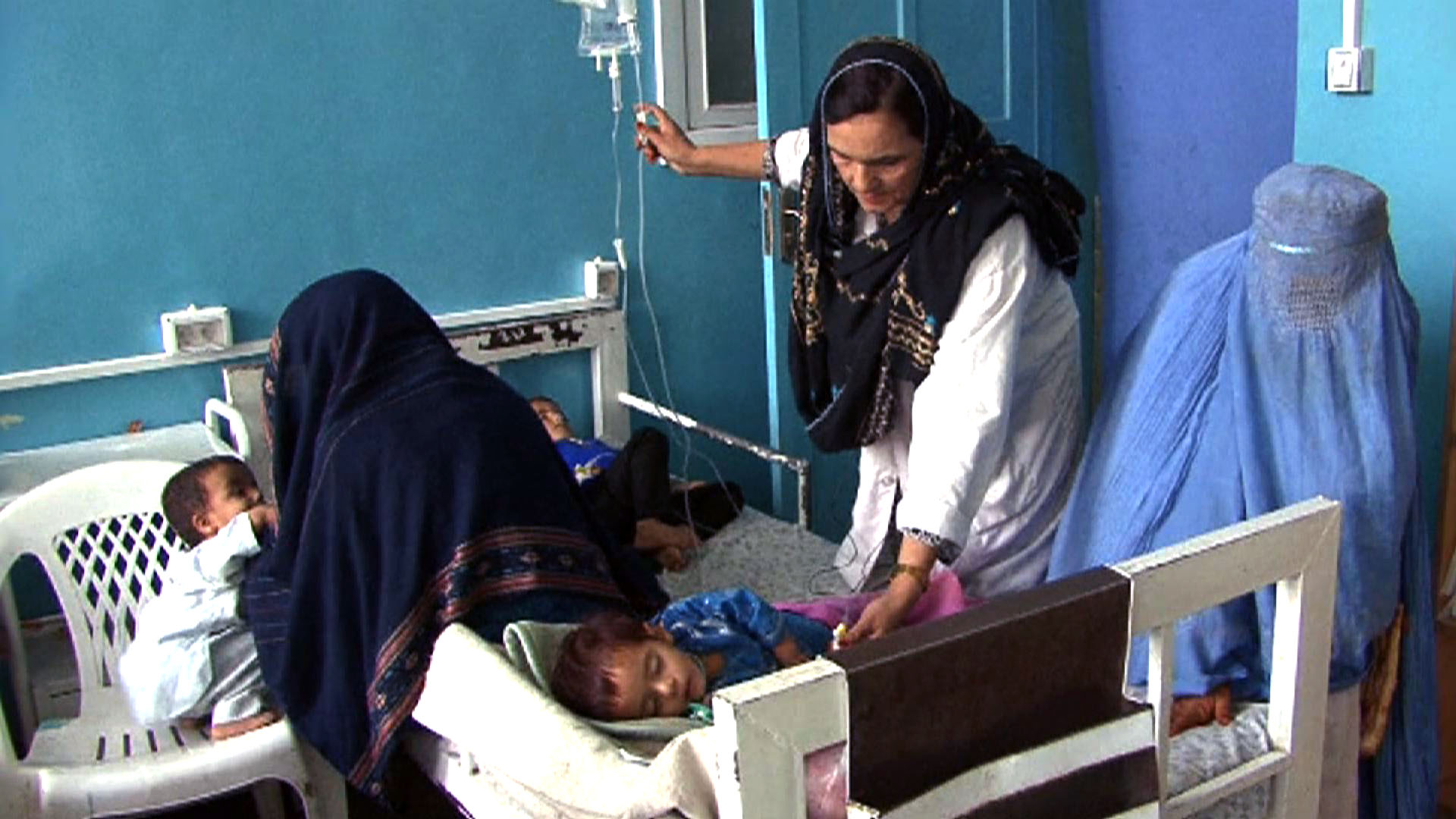
You can find an overview of ongoing debates with our journalists here. Please join us!
If you want to start a conversation about a topic raised in this article or want to report factual errors, email us at english@swissinfo.ch.